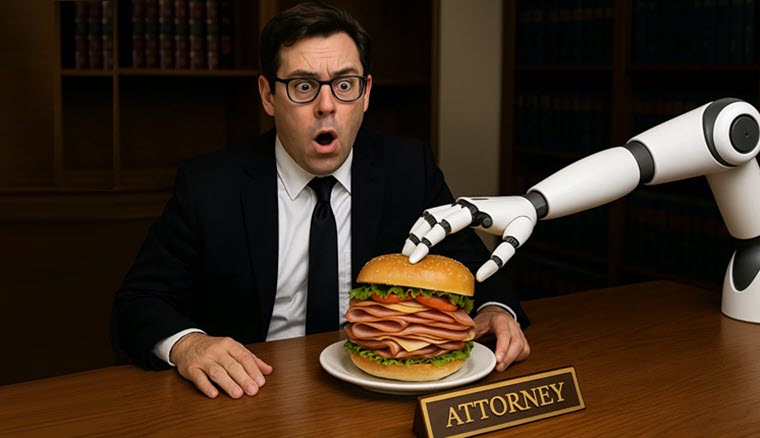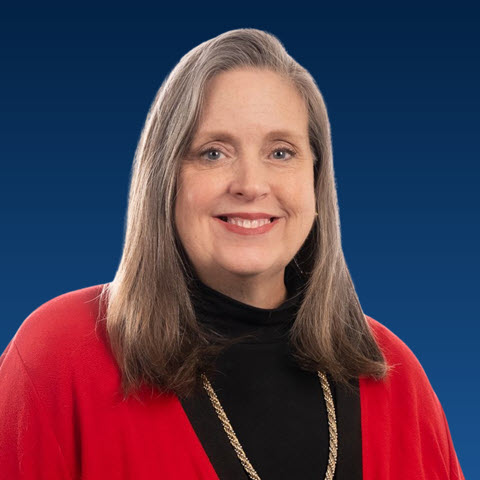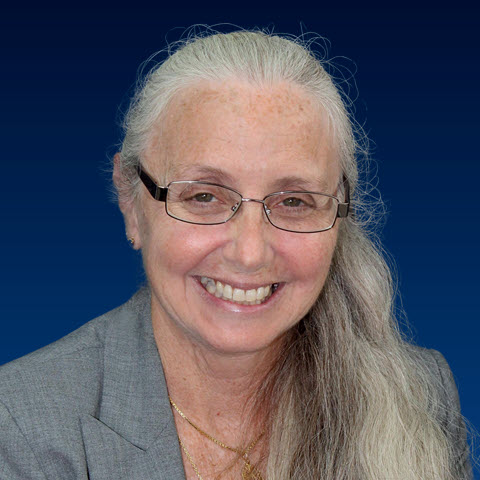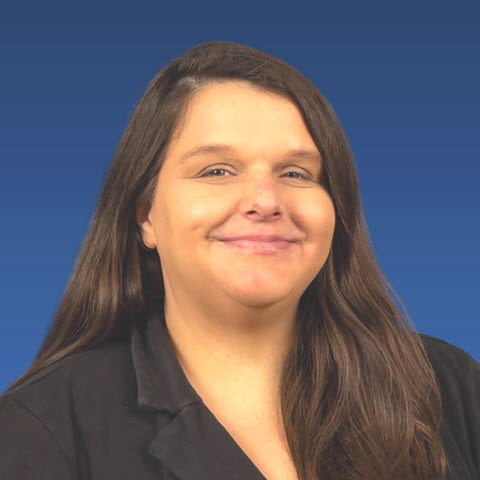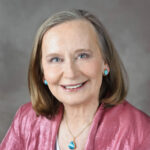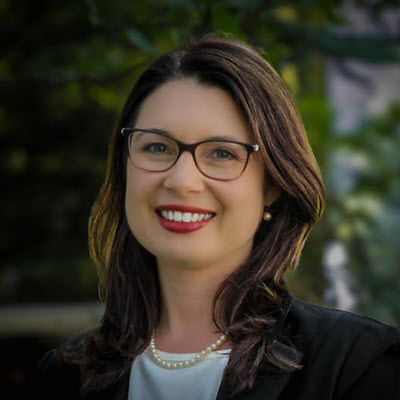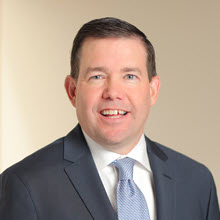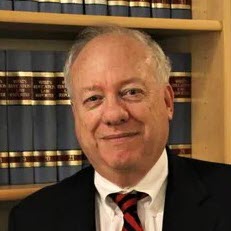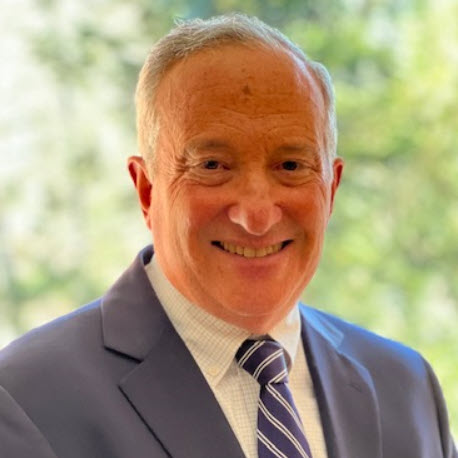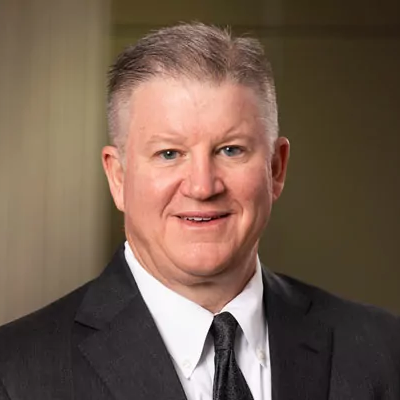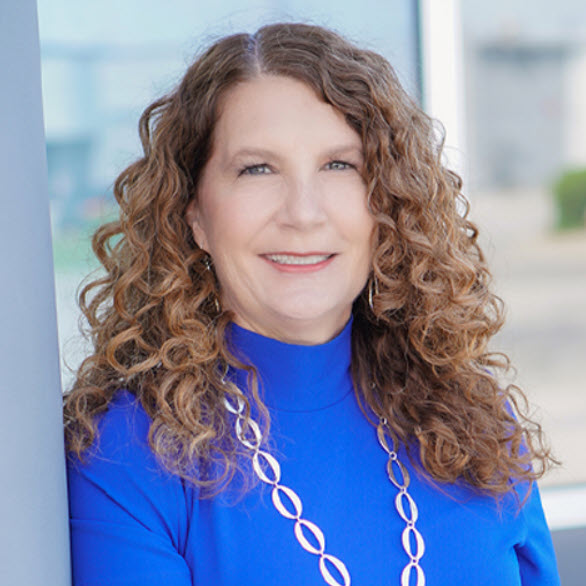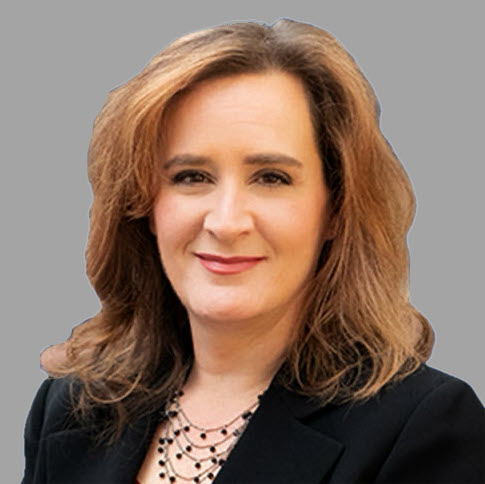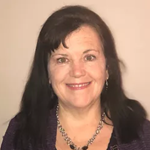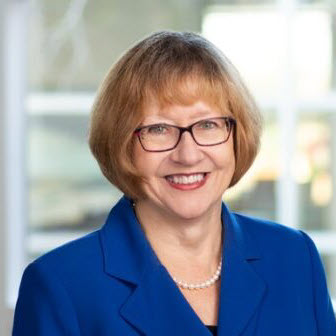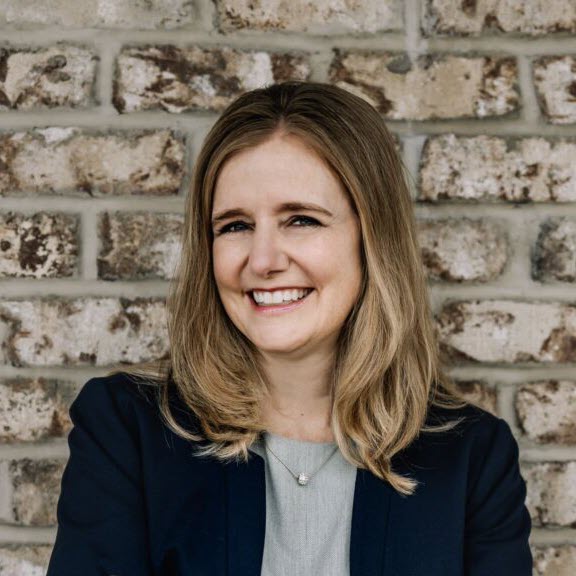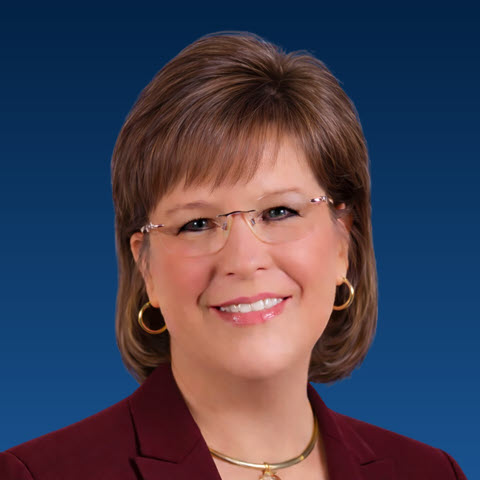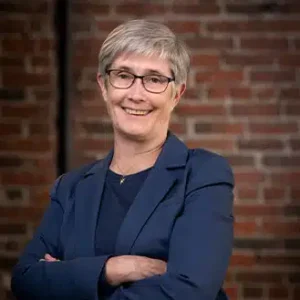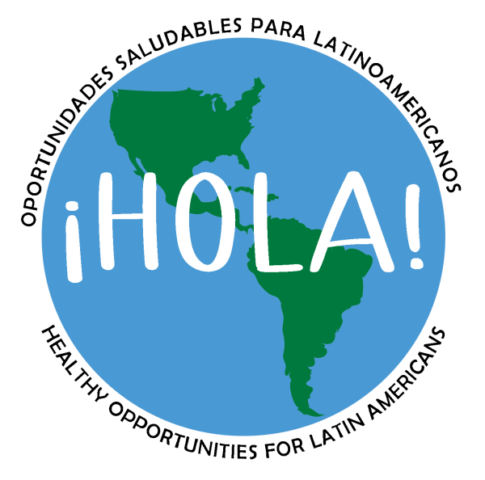One of the most difficult things we as estate planners face is the eventual and inevitable responsibility of helping and comforting a client whose spouse has passed away.
It is heart wrenching. But it is also the time when we can most offer help and provide the greatest value to our clients, and can create a sustaining and powerful connection between us and our clients.
If you are an established estate planner with some years of experience under your belt, it is a good bet that you learned your profession in the era of the technician.
Expertise was the professional differentiator, but as more and more technology enters and overtakes document creation and other aspects of our workplace, what will set apart the more successful estate planners in the near future is their ability to master the human side of client interactions.
Times have also changed in terms of the level of service that is being offered to consumers everywhere, and this means that client expectations about what good service means in estate planning has changed as well. It’s not enough to be able to provide the documents and explain the numerical options and outcomes anymore. Human connection does not mean generating more documents and more emails.
A third, significant trend is the reality of demographics. Demographics are destiny, and as baby boomers age, and as wives outlive their husbands to a large degree, widows will become the majority of the clients that you will be helping.
This means that to be effective as an estate planner, you will need to understand a woman’s experience and point of view, and a widow’s journey through grief.
This is why estate planning has become much more complicated to do well, because you will be less able to rely on technical expertise to deliver good client service, but will also have to address new client expectations of customized, heartfelt advice and will be facing a client base that is increasingly composed of widows in crisis.
This leads to one of the most challenging situations I have found in my practice: the client that is “stuck” in her grief.
What does a stuck client mean for you? Mostly it means you can’t actually even begin to offer your services to move forward. You rehash work, information gets stale, appointments get cancelled or postponed. Everything drags out. Nothing gets resolved, decided, or completed. “No progress” is a recipe for despair for everyone.
Why do clients become stuck?
Surprisingly, probably the single biggest cause of someone getting stuck is not grief but lack of clarity!
In fact, some clients can be propelled by their grief to take massive action to distract themselves from their emotional overwhelm. But clients primarily become stuck because they don’t know what to do next or what the next small step is, and so they do nothing, regardless of their capacity, and their attorneys don’t realize or don’t have the tools to help their clients get unstuck.
Attorneys are not therapists, but we are frequently thrust into that role without any tools.
Where to start? What to do? What are the next steps? How can you guide the surviving spouse along a path to recovery and a new life?
This predicament is why I wrote my book, A Widow’s Guide—to help clients and to help attorneys understand what is happening to a grieving client. To provide a clear, simple roadmap and other tools for the client to follow with the attorney’s guidance. It is surprisingly effective. This gives the surviving spouse a basic understanding of the process and timeline, so it is very reassuring and calming for the client.
Having a written roadmap particularly saves time on the attorney side because your client will have the big picture, in addition to the small steps, which makes everyone’s life easier, since they won’t feel compelled to contact you for each decision as it happens, out of context.
A roadmap won’t solve the grief of a client, but providing a clear path of action for the client actually does help move the client forward in her emotional journey toward healing. And obviously, a client not being able to do anything will certainly make things worse for everyone.
Providing this kind of overview to your client is important to you the attorney because it will help you “unstick” your client, helping them progress, and saving you time and the associated stress.
This kind of roadmap, whether it is the one in my book, or one you create yourself for your clients, is a necessary tool that you need to guide your client from sorrow to serenity.
It is clear that the modern estate planning attorney needs compassion. That compassion can easily come from taking a moment to learn a different perspective about your client, their point of view, and their situation.
Alan Kay once said that “A change of perspective is worth 80 IQ points,” and increasingly being smart will be about not just knowing the right thing to say, but saying the right thing the right way.
Ultimately, how you deal with the human side of your clients is how you will be judged and remembered. It is at the core of what your clients think of you and how they talk about you within their social circles. It becomes part of your professional reputation.
Beyond all the planning and technical work, the documents and discussions, being able to offer real help, reassurance, and compassionate guidance in those times of grief is the greatest service you can provide to your client. It is a worthy goal to have as your own professional legacy.
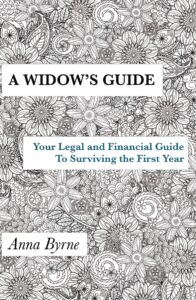
InterActive Legal hosted a Book Signing with Anna Byrne at our Heckerling booth #436 on Tuesday, January 14th 2020.
A Widow’s Guide is the most current legal and financial guide for the recently widowed.
Whether you are a recent widow, or have a friend that you want to help though this crisis, Anna Byrne has written a compassionate book that will guide you through this difficult time with a steady hand and solid legal and financial advice.
Meet the Author

Anna has served as an attorney and a financial advisor to hundreds of clients.
Author of “A Widower’s Guide“, Your Legal and Financial Guide To Surviving the First Year, she became a widow at twenty-eight and over the years recovered and grew, despite the adversity and emotional devastation she had experienced. Her journey has taught her about the kind of relationship clients need in times of transition and stress.
She offers her clients guidance and a strong shoulder to lean on. As a lawyer, Anna founded Eckert Byrne LLC, a life and legacy planning law firm, out of a desire to create estate plans that encompass more than just the transfer of tangible assets.

